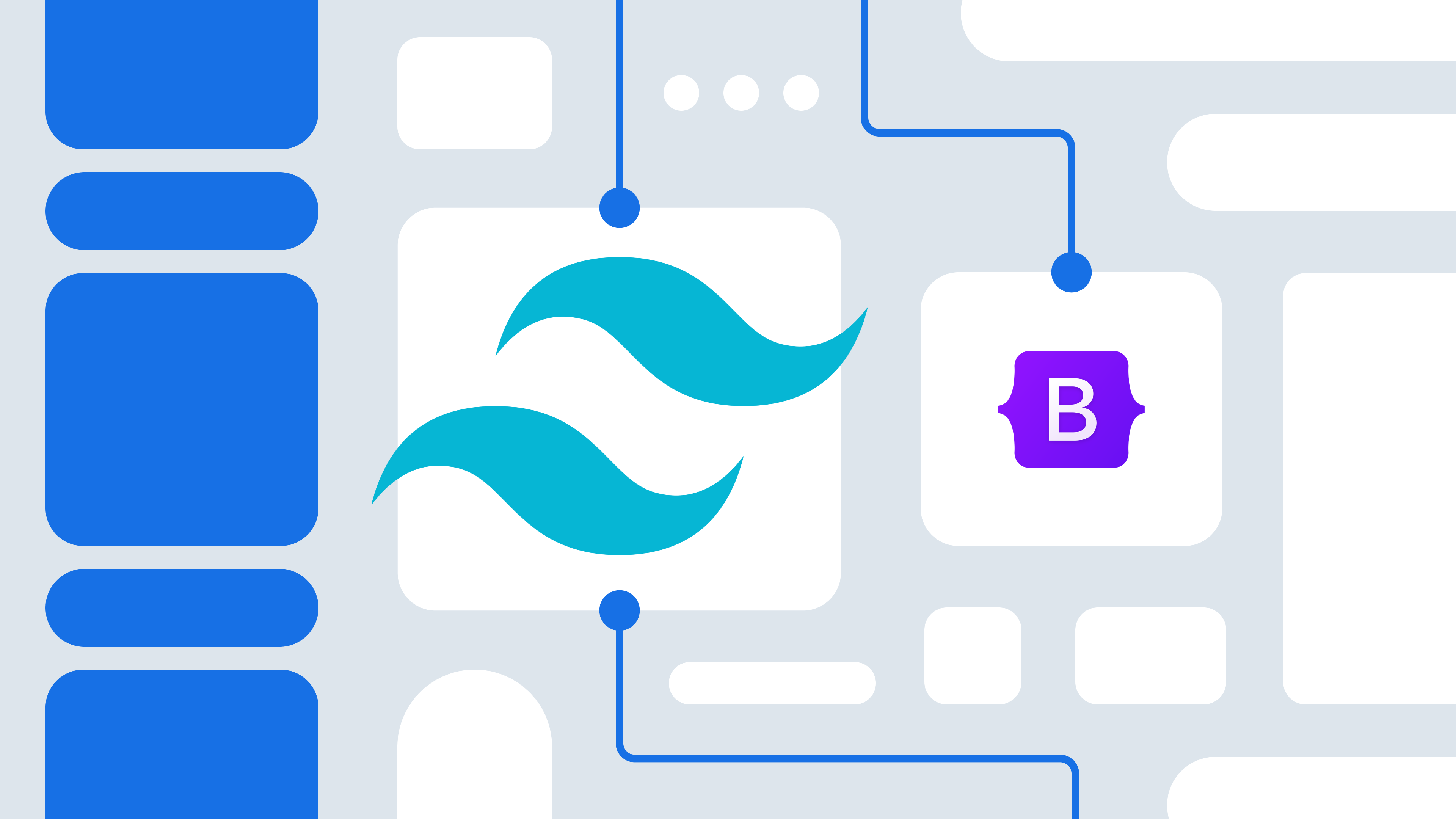Cao News Hub
Your daily source for trending news and informative articles.
CSS Frameworks: The Fast Track to Stylish Websites
Discover the ultimate guide to CSS frameworks and unlock the secret to creating stunning websites in no time!
Top 5 CSS Frameworks You Need to Know in 2023
In the fast-evolving world of web development, CSS frameworks have become essential tools for developers looking to streamline their workflow. As we dive into 2023, staying updated on the best frameworks is vital. Here are the top 5 CSS frameworks you need to know:
- Bootstrap: One of the most popular frameworks, Bootstrap offers extensive pre-built components, easy customization, and a mobile-first approach.
- Tailwind CSS: Known for its utility-first approach, Tailwind CSS allows developers to create designs by composing utility classes, resulting in highly customizable and responsive designs.
- Bulma: A modern framework that provides a clean and minimalistic design, Bulma is built with Flexbox, making it easy to create responsive layouts.
- Foundation: Developed by ZURB, Foundation is a robust framework that focuses on mobile-first design and provides advanced features for professional web developers.
- Semantic UI: With a focus on human-friendly HTML, Semantic UI makes it easy to create stunning responsive layouts effortlessly.

How to Choose the Right CSS Framework for Your Project
Choosing the right CSS framework for your project is essential for creating a visually appealing and responsive design. Start by evaluating your project requirements, such as scalability, performance, and the specific functionality you need. Some popular frameworks like Bootstrap and Foundation offer a range of components and utilities that make it easy to develop modern interfaces. Consider the community support and documentation each framework provides; a well-documented framework will save you time and frustration as you work through implementation.
Next, assess the learning curve associated with each CSS framework. If your team is already familiar with a specific framework, it may be more efficient to stick with what you know. Additionally, think about customization and flexibility; some frameworks allow for extensive tweaking, while others adhere to stricter guidelines. Finally, it's essential to test the framework's compatibility with your tools and technologies. By taking these factors into account, you can make a well-informed decision on which CSS framework will best suit your project's needs.
CSS Frameworks vs. Custom CSS: Which is Better for Your Website?
When it comes to designing a website, one of the most crucial decisions is whether to use a CSS framework or rely on custom CSS. CSS frameworks, such as Bootstrap or Foundation, provide a set of pre-designed elements and a grid system that can speed up development significantly. These tools often come with built-in responsive design capabilities, making it easier to ensure your site looks great on all devices. However, while frameworks can save time, they can also lead to a less unique design, as many websites may end up looking similar if they all utilize the same framework.
On the other hand, custom CSS provides complete control over your website's design and functionality. By writing your own styles, you can create a truly unique look that aligns perfectly with your brand. This method often results in cleaner, more efficient code since you can omit unnecessary styles that come with frameworks. Nevertheless, custom CSS requires more time and expertise, making it a less appealing option for beginners. The choice between CSS frameworks and custom CSS ultimately depends on your specific needs, skills, and the desired outcome for your website.